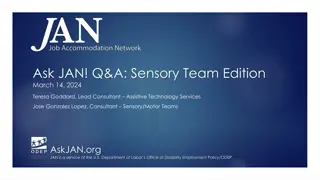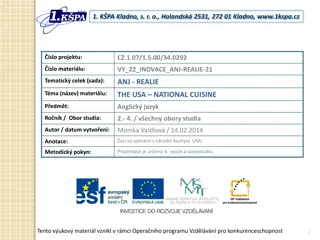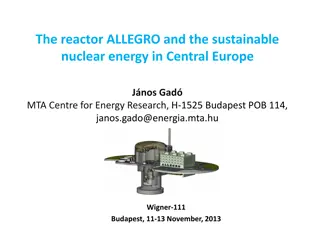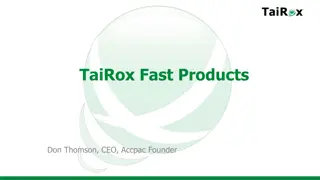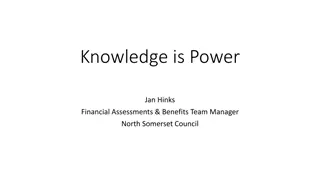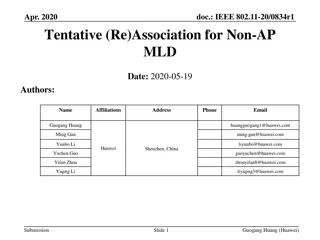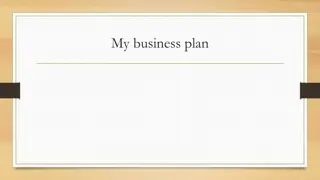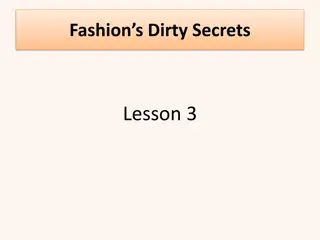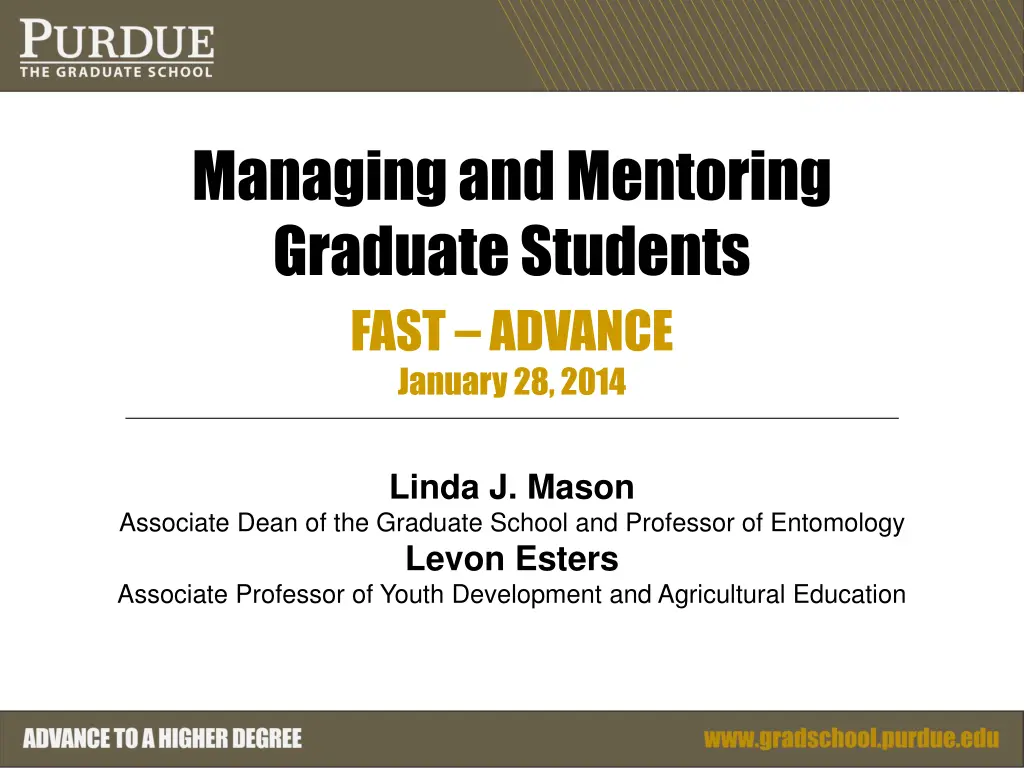
Managing and Mentoring Graduate Students for Success in Higher Education
Explore strategies for recruiting top graduate students, setting clear expectations, understanding the importance of mentoring relationships in graduate education, and cultivating quality mentor-mentee dynamics. Learn the key elements of successful mentoring relationships and effective strategies to develop and maintain a supportive environment for graduate students' growth and success.
Download Presentation

Please find below an Image/Link to download the presentation.
The content on the website is provided AS IS for your information and personal use only. It may not be sold, licensed, or shared on other websites without obtaining consent from the author. If you encounter any issues during the download, it is possible that the publisher has removed the file from their server.
You are allowed to download the files provided on this website for personal or commercial use, subject to the condition that they are used lawfully. All files are the property of their respective owners.
The content on the website is provided AS IS for your information and personal use only. It may not be sold, licensed, or shared on other websites without obtaining consent from the author.
E N D
Presentation Transcript
Managing and Mentoring Graduate Students FAST ADVANCE January 28, 2014 Linda J. Mason Associate Dean of the Graduate School and Professor of Entomology Levon Esters Associate Professor of Youth Development and Agricultural Education
Recruiting the Best Graduate Student Contact early, often and directly invite for visit if possible Recruit on a continual basis Check references closely Recruit from diverse sources Set a deadline and review packages when information is complete
Set Expectations Early and in Writing What to Cover in Initial Meetings Roles and Responsibilities Grad School Brochures Goals, Professional Development Strengths and weaknesses Work Style Work Plan Meetings Feedback and Drafts Intellectual Property, Human Subjects, Ethics Confidentiality Recommendation letters, Travel expectations
Mentoring and Graduate Education Most important factor to continue or withdraw from graduate school is the relationship with an advisor or mentor Having a mentor helps maximize the educational experience through guidance and support Helps in the retention of minorities and women who face unique barriers
Graduate Students Perspectives of a Quality Mentoring Relationship 1. Professional development opportunities 2. Advice on post-degree plans 3. Effective communication 4. Trust and mutual respect 5. Regularly scheduled meetings 6. Interactions outside of school 7. Genuine interest
Elements of Quality Mentoring Relationships Instrumental Support Professional development Networking Gaining knowledge of field Gaining skills needed to succeed Psychosocial Support Counseling Empathy Friendship Socialization related to norms of discipline
Strategies to Help Develop and Maintain a Quality Mentoring Relationship Effective and open communication Regularly scheduled meetings Opportunities for non-academic interactions Consistency Within and across gender and race/ethnicity Coaching Developmental approach Genuine interest in the total person Encouragement to identify other mentors The ego will understand Recognize it takes time
Values and Benefits of Mentoring Personal satisfaction and growth Professional and career opportunities Rejuvenating and motivating during mid or late career stages Avoid technological obsolescence Networking, collaboration and sharing of ideas with others
Discussion Time! 1. What was your mentoring experience like in graduate school? 2. What strategies have you found that work well in your current role as a mentor to graduate students?
References http://www.grad.washington.edu/mentoring/faculty/how-to-mentor-graduate- students.shtml http://grad.berkeley.edu/policies/guides/appendix-11-best-practices-for-faculty- mentoring-of-graduate-students-approved-by-the-graduate-council-march-6- 2006/ http://www.rackham.umich.edu/downloads/publications/Fmentoring.pdf http://cft.vanderbilt.edu/teaching-guides/interactions/mentoring-graduate- students/#stages http://www.unl.edu/mentoring/introduction


